China's ambassador to Canada suddenly left his post, the US and South Korea negotiated to share defense costs, China sued Japan over the issue of "comfort women", the US and the Philippines held military exercises in the East Sea... are some of the prominent international events in the past 24 hours.
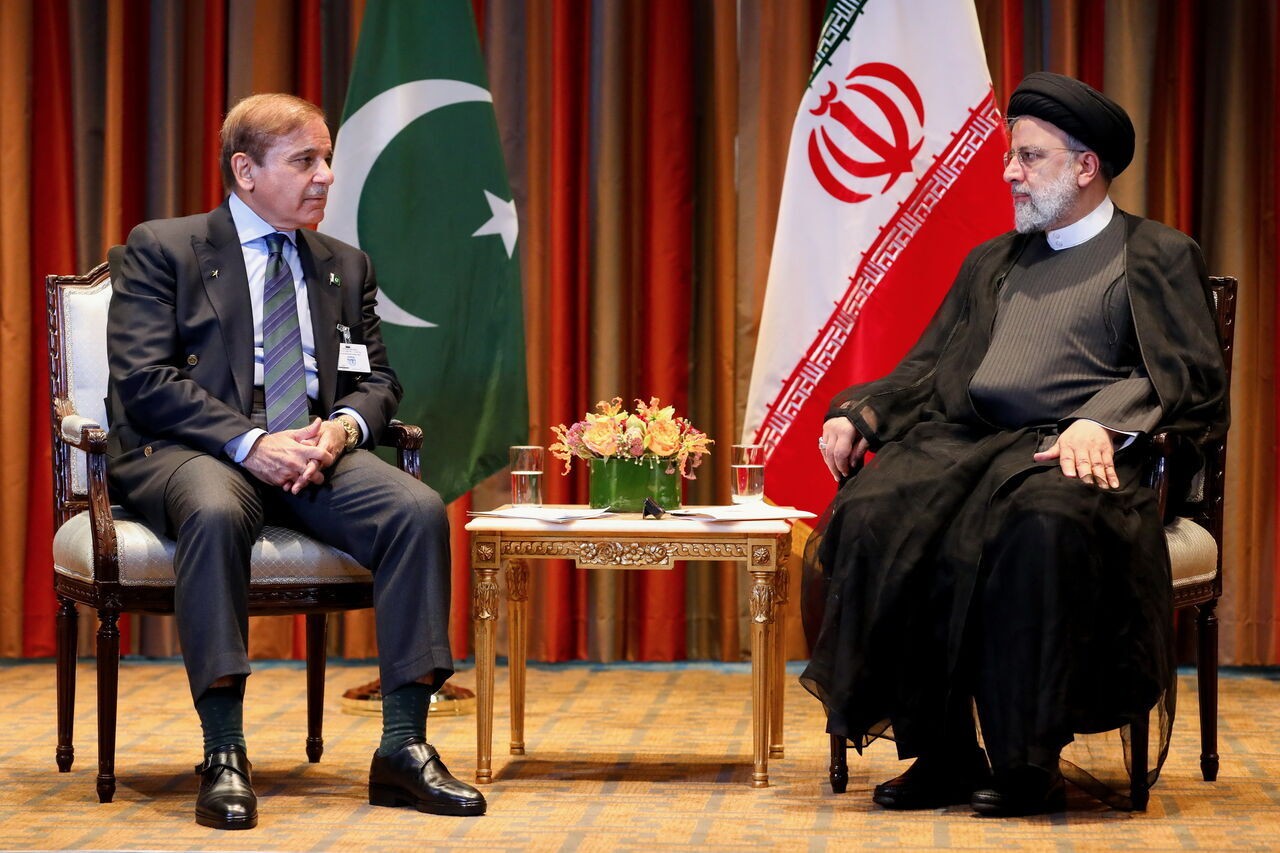 |
| Iranian President Ebrahim Raisi (right) and Pakistani Prime Minister Shehbaz Sharif. (Source: The Express Tribune) |
The World & Vietnam Newspaper highlights some of the day's international news highlights.
Russia-Ukraine
*Russia claims control of another village in Ukraine's Donetsk region: The Russian Defense Ministry announced on April 22 that Russian forces had taken control of the village of Novomykhailivka, 40 km southwest of the Ukrainian city of Donetsk.
In a regular report on the morning of April 22, the General Staff of the Ukrainian army said that its forces continued to hinder Russian efforts to approach the village of Novomykhailivka.
A day earlier, the Russian Defense Ministry announced that Russian forces had captured the village of Bogdanovka near Chasov Yar in Donetsk, marking a significant advance on the eastern front. (Reuters)
*EU increases sanctions against Russia: Commenting on the possibility of the European Union (EU) imposing a 14th package of sanctions against Russia, the Kremlin on April 22 affirmed that Moscow knew that Brussels would continue to expand such measures.
Kremlin spokesman Dmitry Peskov stressed that Russia will seek to minimize the damage from EU sanctions.
Earlier in the day, Sweden's foreign minister suggested the next EU sanctions package against Moscow over the war in Ukraine should include measures targeting the "secret" fleet of tankers transporting Russian oil to evade sanctions. (AFP)
Asia-Pacific
*China protests Japanese PM sending offerings to Yasukuni Shrine: China's Foreign Ministry said on April 22 that Beijing firmly protests Japanese Prime Minister Fumio Kishida sending offerings to the Yasukuni Shrine in Tokyo. According to Japanese media, Prime Minister Kishida sent offerings to the Yasukuni Shrine on April 21 on the occasion of the Spring Festival.
Yasukuni Shrine is a shrine to more than 2.5 million Japanese who died in World War II, including figures considered by neighboring countries to be Class A war criminals.
South Korea and China view the Yasukuni Shrine as a symbol of 20th-century Japanese militarism. Visits or offerings to the shrine by Japanese leaders or lawmakers have always been met with strong opposition from the two Northeast Asian neighbors. (Reuters)
*US-South Korea talks on defense cost-sharing: South Korea's Foreign Ministry said on April 22 that Seoul and Washington will hold the first round of talks in Hawaii this week on the topic of sharing the cost of maintaining the US Forces Korea (USFK).
The April 23-25 talks in Hawaii will be chaired by South Korean chief negotiator Lee Tae-woo and his US counterpart Linda Specht, a press release from the South Korean Foreign Ministry said.
This will be the first meeting since Seoul and Washington appointed the two diplomats early last month to lead talks on determining Seoul's financial responsibility for the cost of maintaining the 28,500-troop USFK.
During Trump's presidency, negotiations on the Special Measures Agreement (SMA) were a major point of contention as he demanded that South Korea increase its contribution fivefold to $5 billion. (Yonhap)
*China sues Japan over “comfort women” issue: According to Kyodo news agency, the family of a deceased Chinese victim who worked as a “comfort woman” for the Japanese military has filed a lawsuit against the Japanese government. This is the first lawsuit in China against Tokyo related to the “comfort women” issue during World War II.
The deceased woman’s family lawyer said a lawsuit has been filed with a court in Shanxi province demanding an apology and compensation. It is not yet clear whether the court will accept the lawsuit.
Similar lawsuits filed by Chinese women in Japan seeking compensation for damages have been dismissed. But the family took action after a South Korean court ruling last year in favor of a group of former “comfort women” for the Japanese military, according to their lawyer. (Kyodo)
*North Korea may conduct nuclear test before US presidential election: Experts said on April 22 that North Korea may conduct its 7th nuclear test before the US presidential election in November, in an effort to increase its bargaining power in future negotiations with Washington.
The assessment comes as North Korea has stepped up weapons testing and bellicose rhetoric this year, amid speculation that Pyongyang has completed preparations for another nuclear test at its Punggye-ri test site.
Park Won-gon, a professor at Ewha Womans University, said the possibility of North Korea conducting a nuclear test before the US election cannot be ruled out, especially if North Korea wants former US President Donald Trump to join nuclear talks. (Yonhap)
*Philippines, US begin annual Balikatan exercises: Thousands of Philippine and US troops will begin joint Balikatan exercises on April 22, as Beijing's growing assertiveness in the region raises fears of conflict.
The annual Balikatan exercises will focus on the northern and western parts of the Philippines, near potential flashpoints in the South China Sea and Taiwan.
The joint exercise included a simulation of retaking an island in Palawan province, the Philippine landmass closest to the disputed Spratly Islands in the South China Sea.
Similar exercises will be held in the northern provinces of Cagayan and Batanes, both less than 300 kilometers from Taiwan.
The exercise, which runs until May 10, will involve about 11,000 US and 5,000 Philippine troops, as well as Australian and French personnel. France will also deploy a warship to join the Philippine and US ships. Meanwhile, 14 Asian and European countries will participate as observers. (AFP)
*Chinese Ambassador to Canada Suddenly Leaves Office: According to a source familiar with the matter on April 21, the Chinese Ambassador to Canada since 2019, Mr. Tung Bau Vu, has left office and returned to China.
Details about why Ambassador Tung Bau Vu returned to China are unclear. The Chinese Embassy in Ottawa did not immediately respond to a request for comment.
Earlier, the Chinese Foreign Ministry said that Chinese Vice Foreign Minister Ma Zhaoxu held talks with visiting Canadian Deputy Foreign Minister David Morrison to discuss "China-Canada relations and other issues of mutual concern."
The Chinese ambassador’s departure was first reported by the Globe and Mail , which cited sources as saying that Tung Bau Vu’s tenure ended abruptly on April 9, surprising some in the diplomatic corps. (AFP)
Europe
*Germany arrests 3 suspects of spying for China: German prosecutors confirmed on April 22 that 3 German citizens have been arrested on suspicion of spying for China.
The three suspects include Herwig F. and Ina F. - a couple who run a company in Dusseldorf (Germany) - and Thomas R., whom prosecutors described as an agent of an employee of the Chinese Ministry of State Security (MSS).
In a statement, prosecutors said the three German citizens were suspected of passing sensitive technology to the MSS that could be used for military purposes. (Reuters)
*Russia closely follows information about Poland allowing the US to deploy nuclear weapons: The Kremlin said on April 22 that the Russian military will analyze all moves by Poland related to Warsaw allowing the US to deploy nuclear weapons on Polish territory.
Earlier, the Fakt daily quoted Polish President Andrzej Duda as saying that Warsaw was ready to discuss with Washington plans to deploy nuclear weapons to strengthen the eastern flank of the North Atlantic Treaty Organization (NATO).
Asked to comment on the report, Kremlin spokesman Dmitry Peskov said: “The Russian military will analyze the situation. If these plans are implemented, all necessary measures will be taken to ensure our security.” (AFP)
*Sweden affirms that sanctions against Russia must target "shadow" oil tankers: Speaking ahead of the European Union (EU) Foreign Ministers' Meeting in Luxembourg on April 22, Swedish Foreign Minister Tobias Billstrom announced that the EU's next sanctions package will include steps against "shadow" oil tankers transporting Russian oil to evade sanctions.
Sweden's top diplomat stressed that the adoption of the 14th package of sanctions was "one of the most important", affirming that it would include a ban on imports of liquefied natural gas and measures to restrict Russia's "shadow" fleet.
Discussions on the new sanctions package are in the early stages and are not expected to be approved at the Luxembourg conference. (AP)
*Russia sets conditions for re-ratifying Comprehensive Nuclear Test Ban Treaty: Russian Foreign Minister Sergei Lavrov said on April 22 that Moscow is ready to re-ratify the Comprehensive Nuclear Test Ban Treaty (CTBT) as soon as the US takes a similar step.
Speaking online at the Moscow Conference on Nuclear Non-Proliferation, Foreign Minister Lavrov affirmed that Russia's withdrawal from the CTBT was a "reasonable response" to "destructive actions by the United States and other Western countries." He also stressed that Russia remains a full participant in the CTBT and that Moscow recently completed the establishment of its part of the International Monitoring System.
However, Foreign Minister Lavrov warned that the West was dangerously on the brink of a direct military clash between nuclear powers due to its policy of supporting Ukraine. (TASS)
Middle East – Africa
*Pakistan hails Iran for 'strong stance' on Gaza issue: Pakistani Prime Minister Shehbaz Sharif on April 22 praised Iran for its strong stance on the humanitarian situation in the Gaza Strip, calling for an immediate end to hostilities in the region.
Speaking at a joint press conference with Iranian President Ebrahim Raisi in the capital Islamabad, Prime Minister Sharif called on Muslim countries to unite and speak out to end the conflict in Gaza.
Earlier in the day, President Raisi arrived in Islamabad, beginning a three-day official visit to Pakistan aimed at further strengthening bilateral relations. (the Express Tribune)
*Israeli military intelligence chief resigns: The Israeli military announced on April 21 that the Director of the Intelligence Department - Major General Aharon Haliva - has resigned and will leave immediately after a successor is appointed.
“Major General Aharon Haliva, in coordination with the Chief of the General Staff, has requested the termination of his duties, in accordance with his leadership responsibilities as head of the Intelligence Directorate in connection with the October 7 attack,” the Israeli military said in a statement. “The decision has been made that Major General Aharon Haliva will terminate his duties and retire from the IDF, as soon as his successor is appointed in an orderly and professional manner.”
Last year, General Haliva accepted responsibility for intelligence failures that “allowed” the Hamas Islamist movement to carry out an unprecedented attack on Israel on October 7, 2023. (AFP/Jerusalem Post)
Source


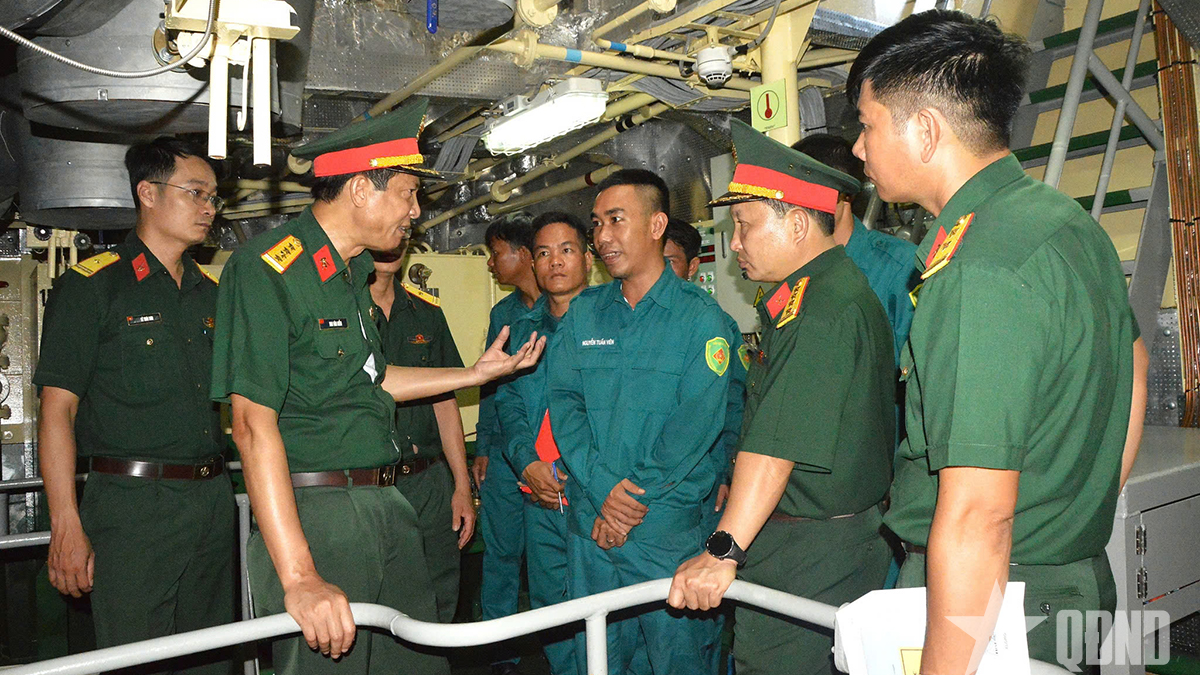



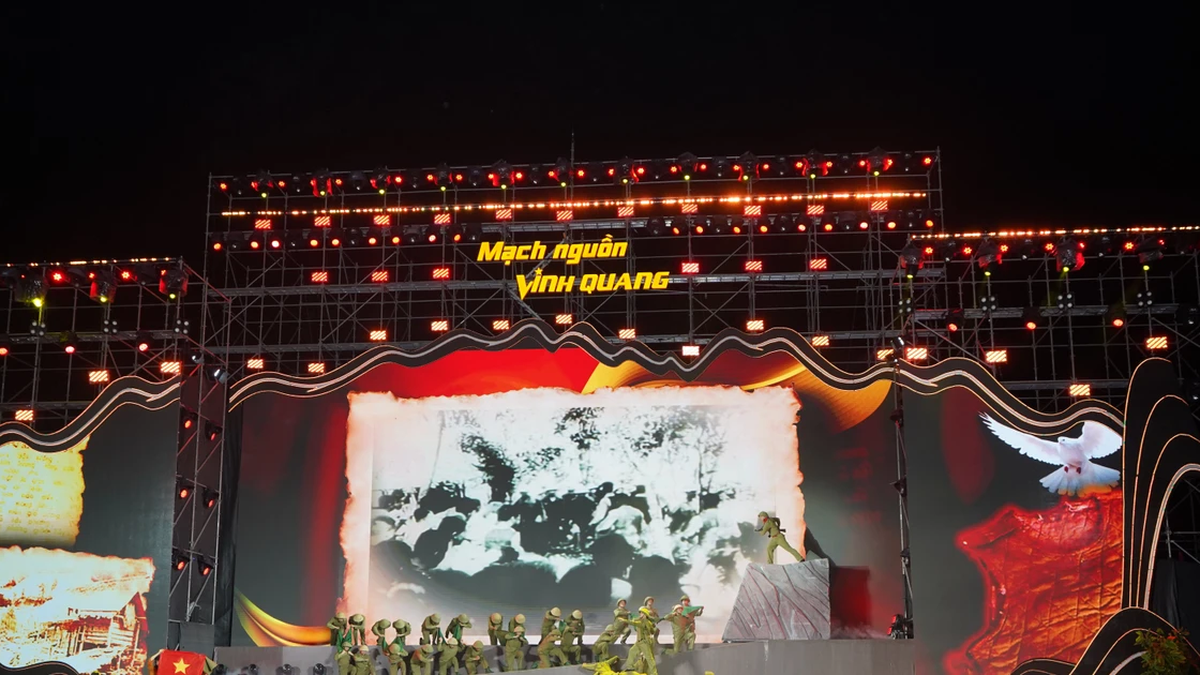

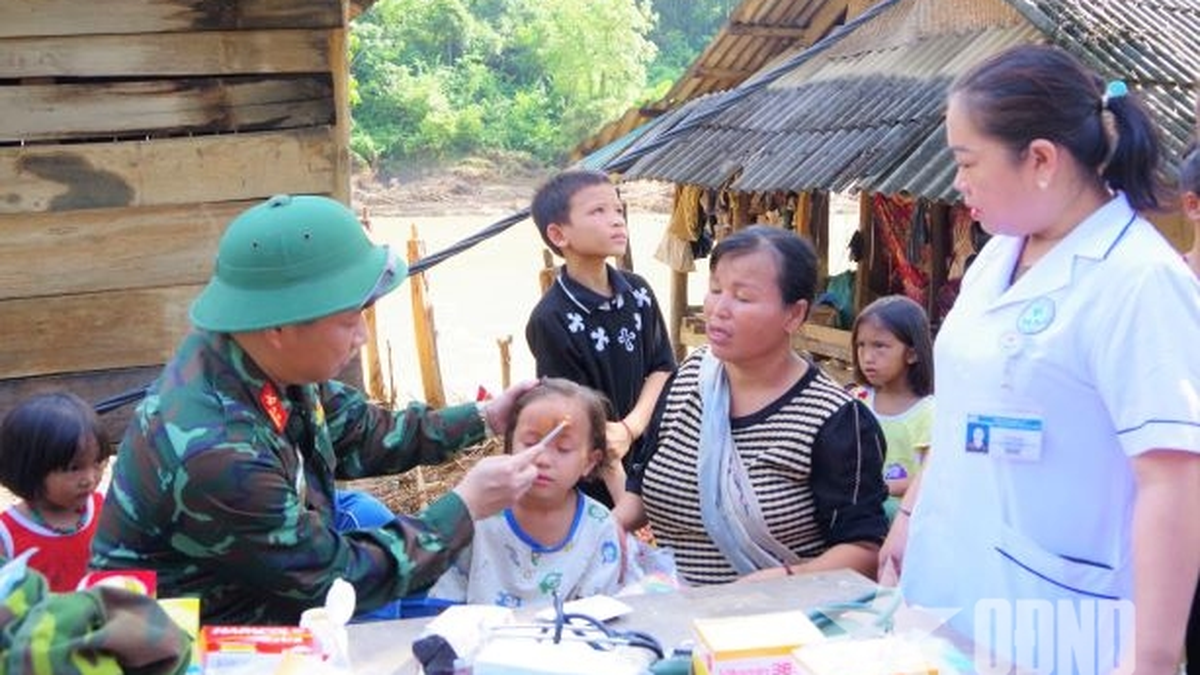
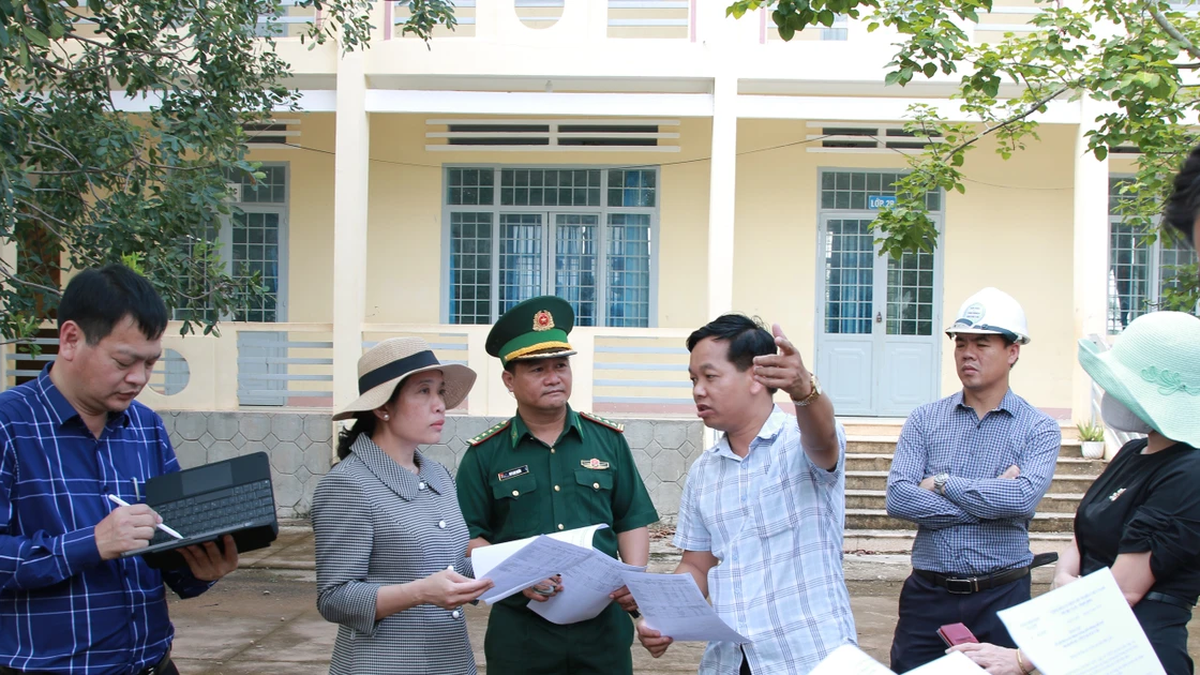
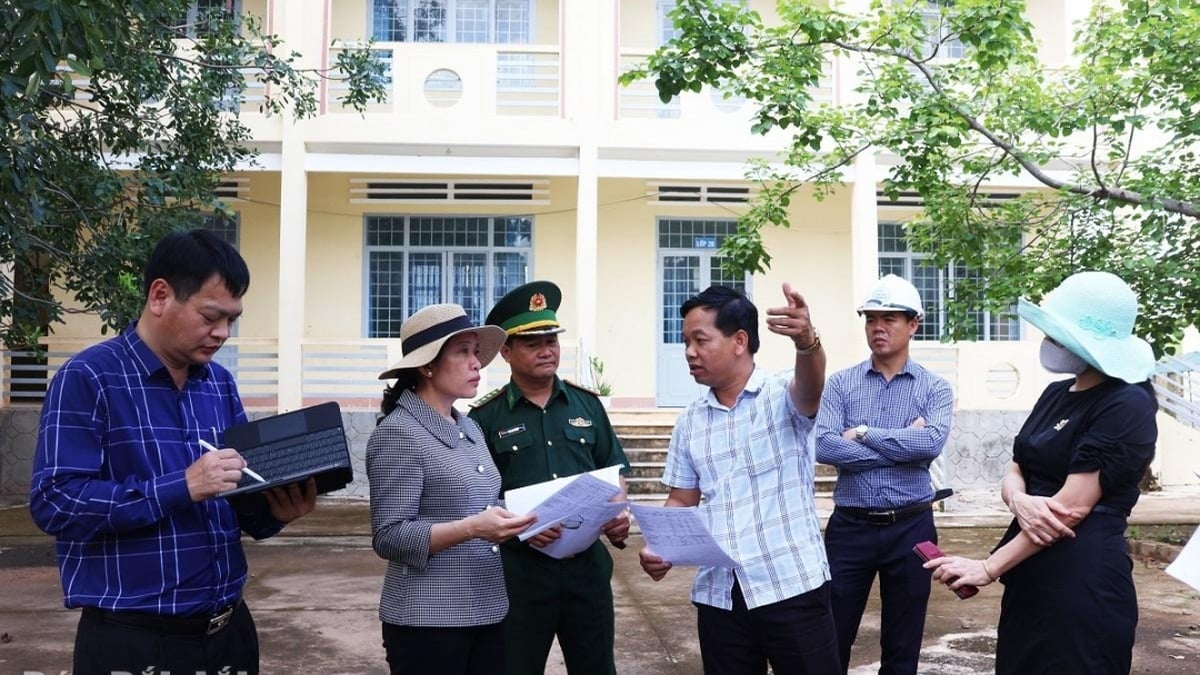
























































































Comment (0)